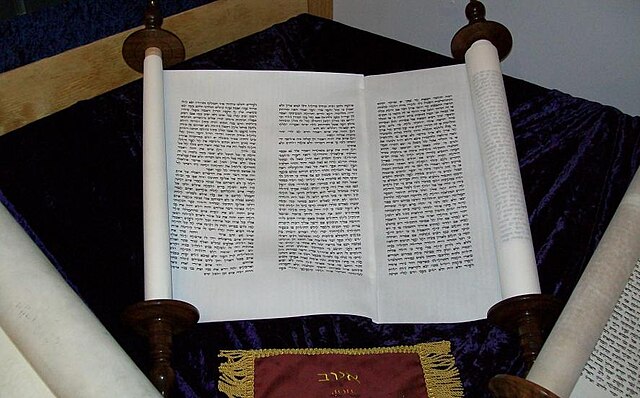Answer to Job is a 1952 book by Carl Jung that addresses the significance of the Book of Job to the "divine drama" of Christianity. It argues that while he submitted to Yahweh's omnipotence, Job nevertheless proved to be more moral and conscious than God, who tormented him without justification under the influence of Satan. This scandal made it necessary for God to become united with man. Satan was banished from heaven and God incarnated as purely good, through a virgin birth, into the sinless redeemer Jesus Christ. Eventually, however, God will incarnate his evil side as well. For this to happen, the Holy Ghost left by Christ on earth has to enter "empirical", sinful human beings in whom the divine can be realized completely. Jung turns to the Book of Ezekiel, the Book of Enoch, and especially the Book of Revelation to consider how this may unfold. He suggests that the contemporary modern era, in which humanity possesses immense technological power, is significant to this second divine birth. He interprets the 1950 papal dogma of the Assumption of Mary as easing this transition towards completeness by re-emphasizing the feminine dimension of God.

Answer to Job
The Book of Job, or simply Job, is a book found in the Ketuvim ("Writings") section of the Hebrew Bible (Tanakh) and the first of the Poetic Books in the Old Testament of the Christian Bible. Scholars generally agree that it was written between the 7th and 3rd centuries BCE. It addresses theodicy through the experiences of the eponymous protagonist. Job is a wealthy and God-fearing man with a comfortable life and a large family. God asks Satan for his opinion of Job's piety. When Satan states that Job would turn away from God if he were rendered penniless, without his family, and materially uncomfortable, God allows him to do so. The rest of the book deals with Job successfully defending himself against his unsympathetic friends, whom God admonishes, and God's sovereignty over nature.
Papyrus Oxyrhynchus 3522: dated to the 1st century AD, it contains part of Job 42 translated into Greek.
A scroll of the Book of Job, in Hebrew
Job's Tormentors from William Blake's Illustrations for the Book of Job
Job and His Friends by Ilya Repin (1869)





